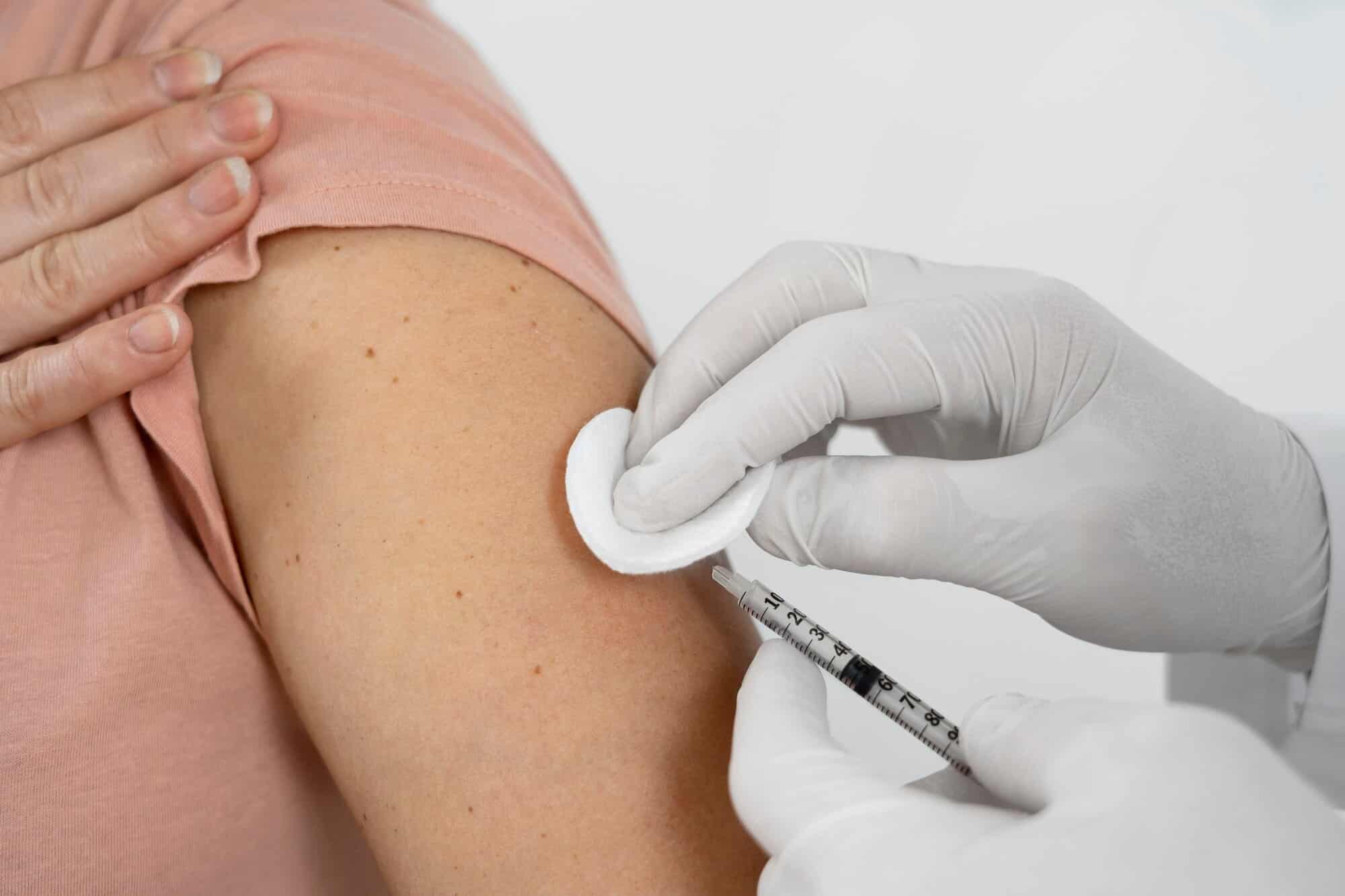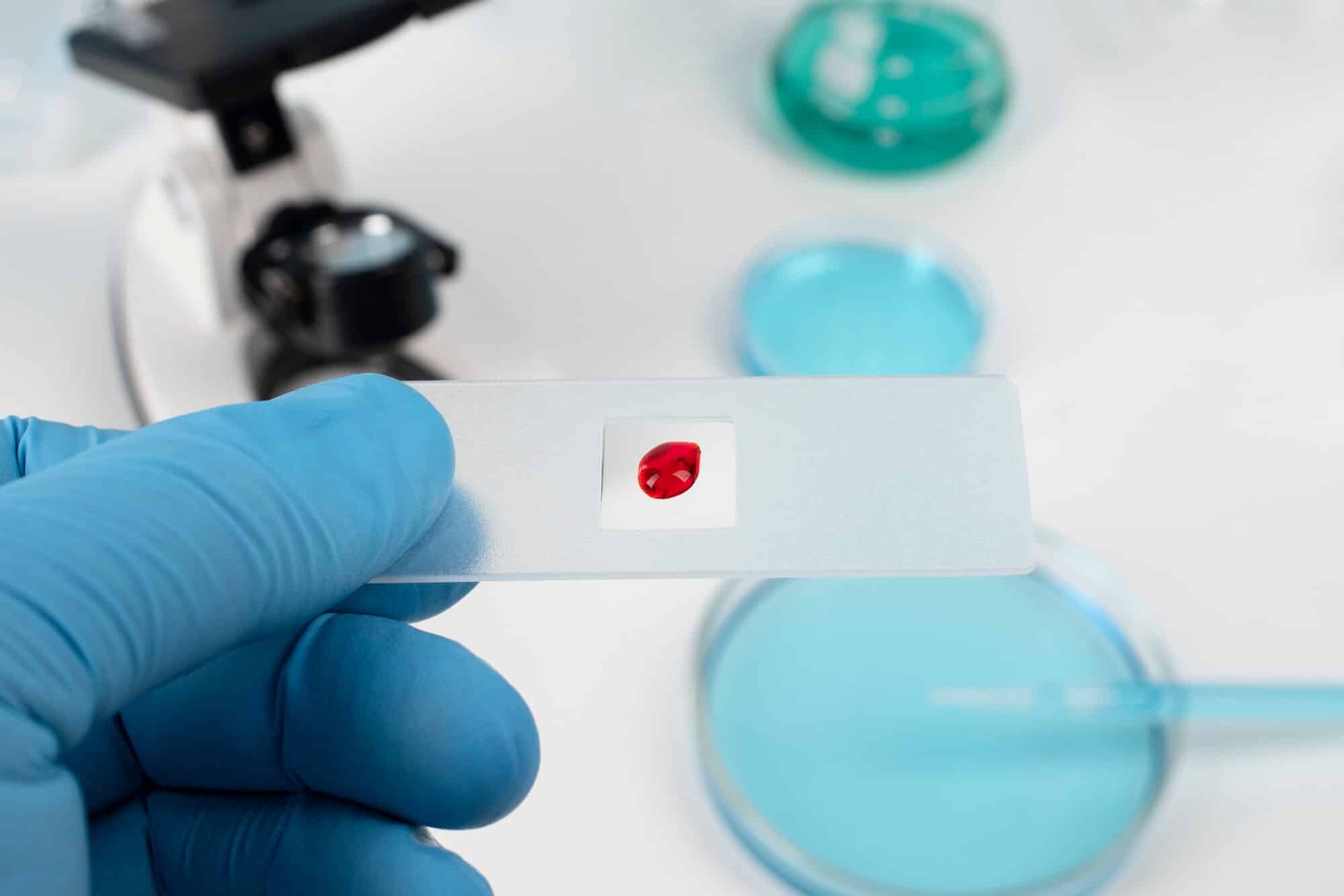
An STD test is an essential step in understanding your sexual health. Whether you are experiencing STD symptoms or not, anyone can be tested for sexually transmitted diseases. If you’re wondering what an STD test involves and how to prepare, keep reading.
Know Your Symptoms
STDs have a number of symptoms, which vary depending on the type of disease and the stage of infection. Sometimes, symptoms are not visible until the later stages of an STD. However, if you are noticing some symptoms and want to confirm them with an STD test, talk to your healthcare provider. They may ask you the following questions, so it helps to be prepared.
- When your symptoms appeared: It may help to be specific about when your symptoms appeared.
- Where they were located on your body: If you are experiencing any pain or discomfort, you should be able to identify which part is being affected the most.
- What do your symptoms look like: If you have had symptoms for several weeks or months, make sure you can accurately describe them to your doctor.
- How long have the symptoms lasted: Take note of how long you have been experiencing any symptoms. This helps the doctors determine the stage of the infection.
- Sexual history: Be open and honest about your sexual history with your doctor. The more accurate your answers are, the more your healthcare provider can help you.
Things to Know Before Getting an STD Test
Here’s what to know before getting an STD test:
Different Kinds of Sexual Activity Requires Different STD Testing
STDs can be transmitted through various sexual activities such as oral, vaginal, or anal sex. Depending on the type of sexual contact, healthcare professionals will recommend specific STD tests. The testing may include swab samples collected from the throat, vagina, or rectum, urine tests, or blood tests.
No More Urethral Swabs
Urethral swabs used to be a common STD testing procedure, especially for men. However, the method is now largely discouraged. Other alternatives to this method, such as blood or urine sample tests, are considered standard and are more comfortable and convenient.
Insurance Coverage
Many health insurance plans offer coverage for STD testing. However, the specifics of the coverage may vary depending on the insurance service provider. Make sure to check your insurance plan to see what costs it covers. Certain clinics offer free testing, so if you do not have insurance coverage, explore your options before getting a test.
No Preparation Required
Several medical tests require patients to undergo fasting or follow certain guidelines before the tests. However, STD tests are hassle-free. All you have to do is show up at the appointed time.
Rapid Results
Rapid tests for STDs provide results in less than half an hour. If you are concerned, you may be able to self-test, but it is recommended that you see a healthcare provider after doing so since self-tests may be less accurate.
Follow Up Appointments
Your healthcare providers may recommend a follow-up appointment based on your test results. This ensures that you get the right care and counseling.
Who Needs an STD Test?
Regular STD tests are essential to keep track of your sexual health and detect any infections as early as possible. You should consider getting an STD test if:
- You are sexually active
- You have multiple sexual partners
- You engage in unprotected sex
- You are pregnant
- You are experiencing STD symptoms
- You have been exposed to an STD
What to Expect During STD Testing?
STD tests are performed by collecting samples to test for any sign of infection. It may include a series of different tests to check for various STDs. At-home STD Testing vs. In-Clinic Testing options are available, each providing a unique approach to detecting infections. The most common types of tests include the following:
- Urine Test: You will be given a sample container to collect a certain amount of urine. This is mainly used for detecting STDs like gonorrhea and chlamydia.
- Blood Test: The healthcare professional will draw blood from your arm to obtain a blood sample. This test helps identify infections such as syphilis, HIV, hepatitis B, and hepatitis C.
- Swabs: Swabs can be used to take samples from your mouth or genitals, depending on the symptoms you are experiencing. They can be used to test for chlamydia and gonorrhea.
- Physical Exam: A healthcare professional will examine your body for any visible signs of STDs, such as sores or rashes.
Get Tested Today
STD tests help detect an infection in its early stages and prevent it from progressing. They involve simple and relatively painless test procedures. Understanding various types of testing methods can help you navigate the process easily. If you are looking for a healthcare provider to help you manage your sexual health, Equality Health is here to help. We have a team of healthcare experts who will help you prepare for an STD test and understand the necessary testing procedures. Reach out to us to schedule your appointment.





